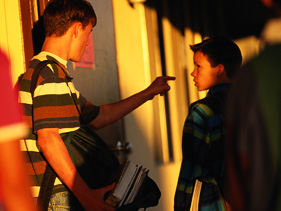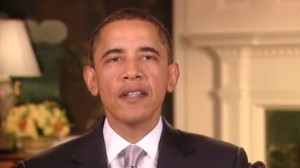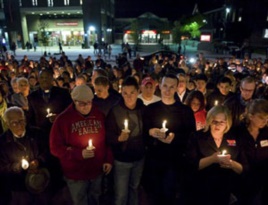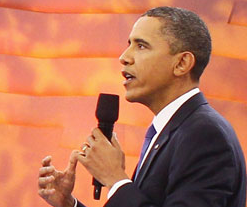
If you’ve ever been taunted, teased, bullied or roughed up, these statistics will not surprise you. According to the largest study of its kind ever conducted, half of all high school students admit to bullying their peers and nearly as many say they were bullied during the past year.
The study from the Josephson Institute of Ethics comes amid a flurry of stories about the sometimes-fatal consequences of bullying, spurred by the recent suicides of a number of gay teens who took their lives after harassment about their sexuality.
“If the saying ‘sticks and stones will break my bones but names will never harm me’ was ever true, it certainly is not so today,” said Michael Josephson, founder and president of the institute, in a press release announcing the results. Josephson also pointed out the especially harsh nature of cyberbullying: “Insults, name calling, relentless teasing and malicious gossip often inflict deep and enduring pain. … It’s not only the prevalence of bullying behavior and victimization that’s troublesome. The Internet has intensified the injury. What’s posted on the Internet is permanent, and it spreads like a virus — there is no refuge. The difference between the impact of bullying today versus 20 years ago is the difference between getting into a fistfight and using a gun.”
Previous surveys by the institute did not take cyberbullying into account, but according to the report, which interviewed more than 43,000 high-schoolers ages 15 to 18, 50 percent admit they bullied someone in the past year, while 47 percent said they had been bullied, teased or taunted in a way that seriously upset them in that same time period.
The survey respondents, from 78 public and 22 private schools, revealed other troubling trends. Almost one-third (33 percent) said violence is a big problem at their school, and one in four (24 percent) said they don’t feel very safe at their school. What’s worse is that the violence does not appear to be constrained to just verbal taunts, as more than half (52 percent) said they’ve hit a person because they were angry in the past year, 10 percent said they took a weapon to school at least once in the past year. And 16 percent admitted to having been intoxicated at school.
“The combination of bullying, a penchant toward violence when one is angry, the availability of weapons and the possibility of intoxication at school increases significantly the likelihood of retaliatory violence,” Josephson said, referring parents to the Character Counts survey for information on what they can do to prevent bullying and for signs to recognize if bullying is taking place.
As stars and political figures from President Obama and Secretary of State Hillary Clinton to Adam Lambert and Linkin Park’s Chester Bennington speak out in the It Gets Better video series to encourage bullied teens to keep their heads up, and Brittany Snow continues to spread the word in conjunction with MTV’s Love Is Louder campaign, the Josephson survey revealed troubling details about stubbornly consistent violent teen tendencies.
In one question, 21 percent of respondents admitted to mistreating someone because he or she belonged to a different group. An even higher number (23 percent) said they are prejudiced against certain groups, and 42 percent said they have used racial insults. These figures were almost identical to numbers from a 2008 survey.
To spread a message of hope to victims of bullying and harassment, join MTV, Brittany Snow and the Jed Foundation in telling the world that Love Is Louder than hate. Visit the project’s Facebook page, upload videos to Your.MTV.com and use the hashtag #loveislouder on Twitter.




